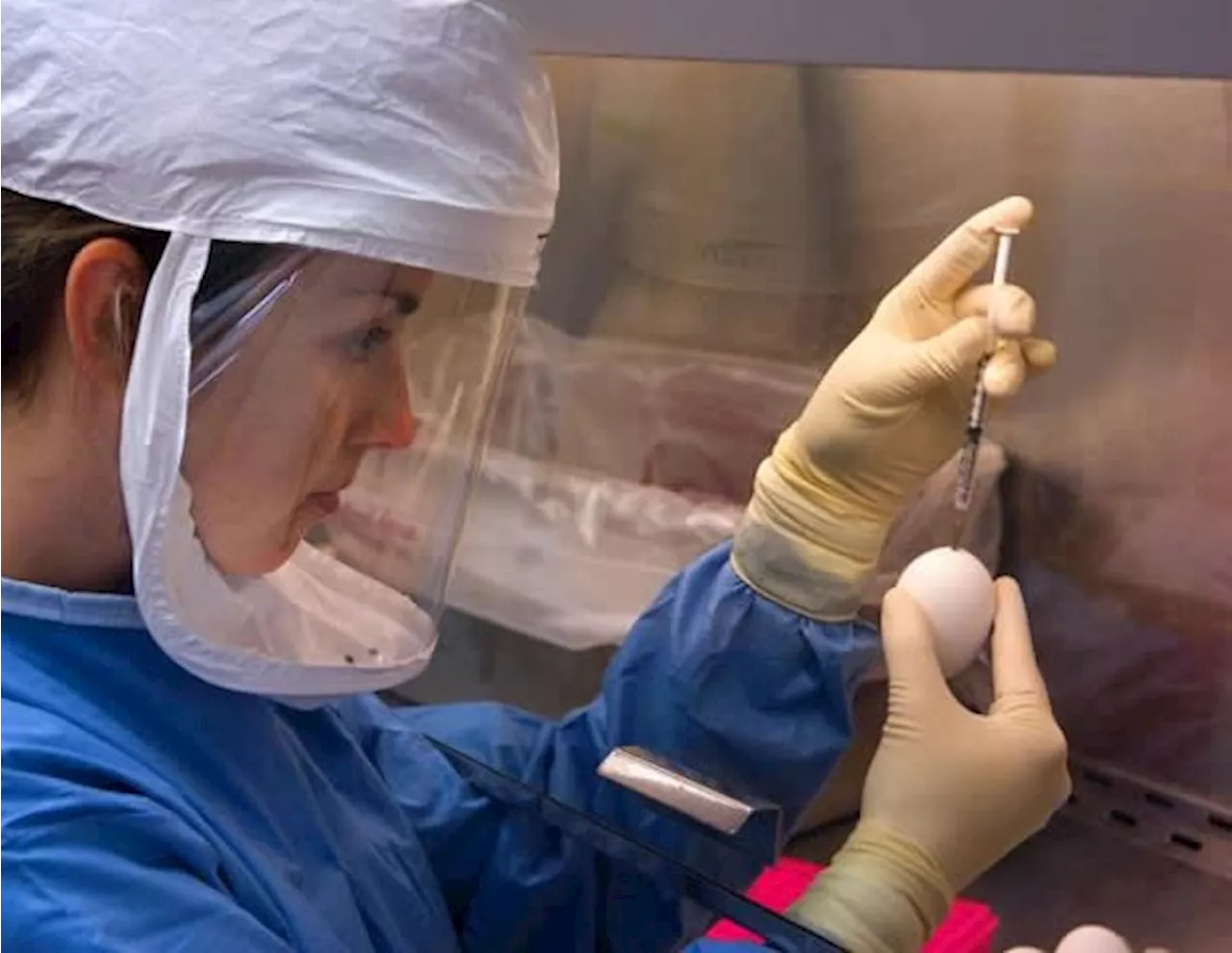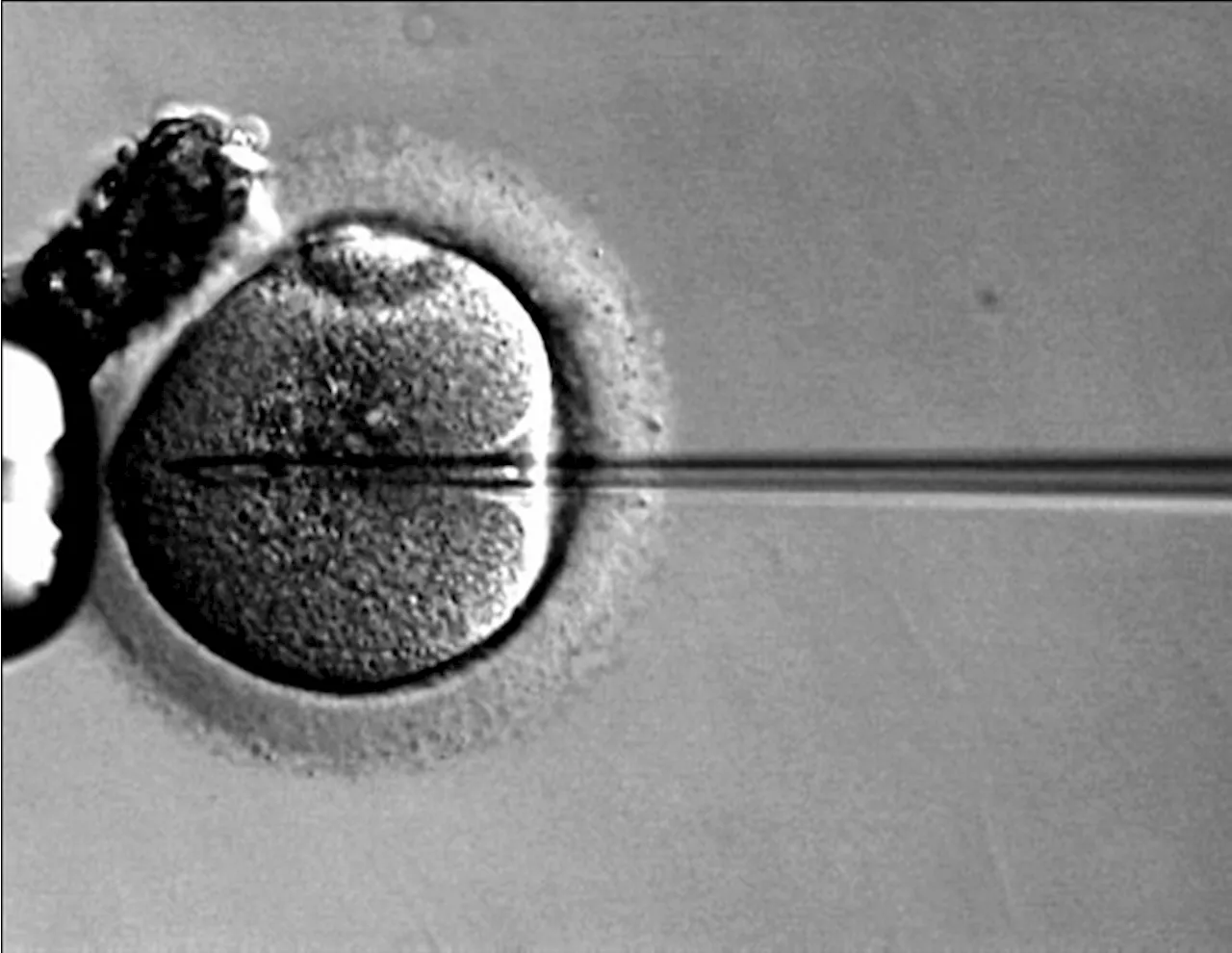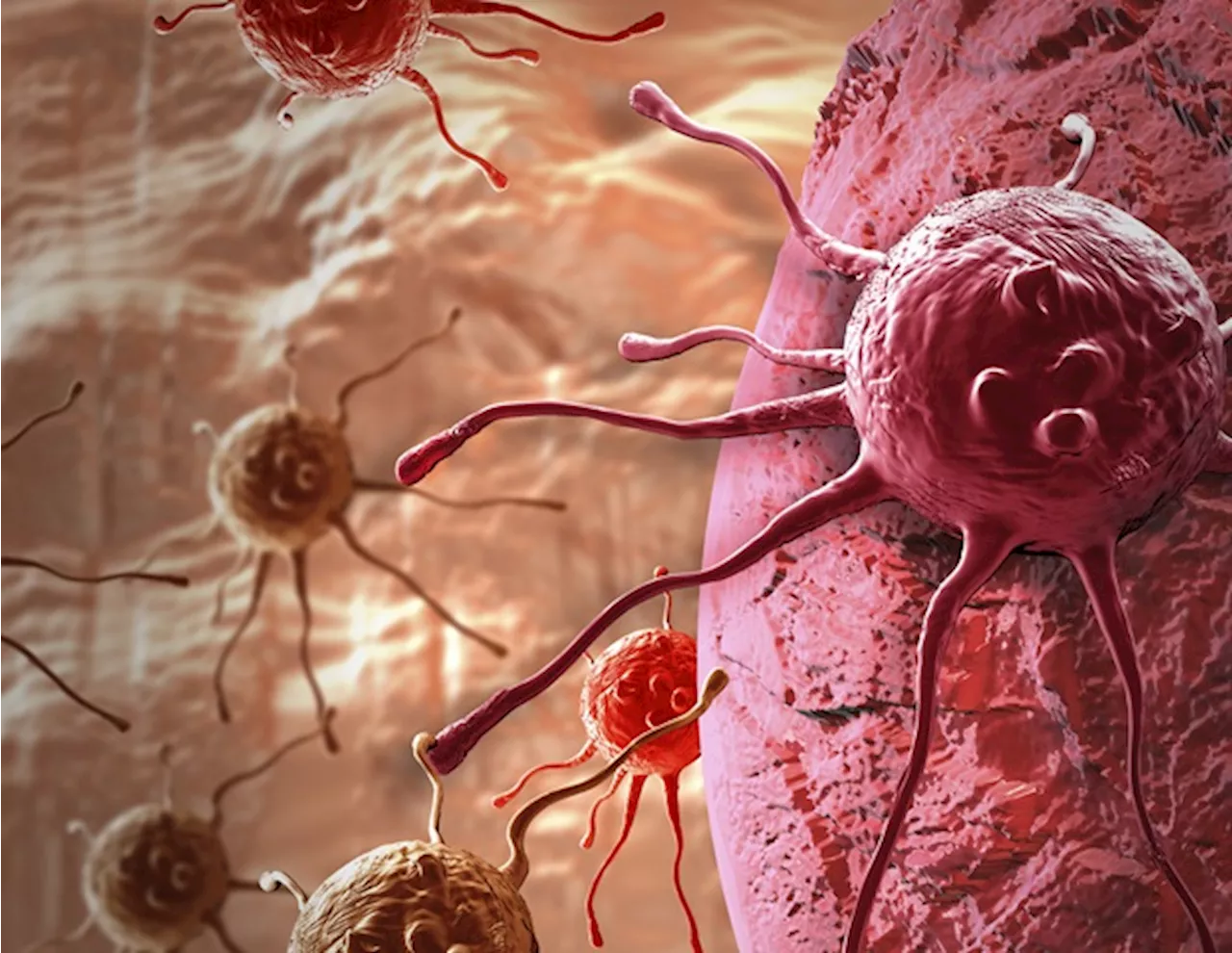Researchers at University of California San Diego and collaborating institutions have shed light on the ways that social risks, such as housing or food insecurity, pose barriers to routine cancer screenings.
University of California - San DiegoDec 13 2024 The study, published in JNCI Cancer Spectrum, found that patients experiencing social risks were less likely to receive orders for cancer screenings and even less likely to complete screenings when ordered. The study also found that patients experiencing social risks had higher rates of primary care visits, suggesting that access to care is not the main barrier to cancer screening in this population.
By tailoring interventions to address specific social risks and ensuring that patients are able to complete routine screenings, we can provide better quality care and improve health outcomes more effectively.
"Access to care is just one of many social risks that affect marginalized populations, and our study highlights the complex pathways between these varied social risks and cancer early detection services," added Banegas, who is also a member of the Cancer Control Program at UC San Diego's Moores Cancer Center.
However, the findings also highlight the need for health care providers to take a more holistic approach to patient care in order to appropriately address social risk proactively in the clinic.
Cancer Prevention Colorectal Colorectal Cancer Education Electronic Health Record Food Health Care Medicine Ph Primary Care Research
United Kingdom Latest News, United Kingdom Headlines
Similar News:You can also read news stories similar to this one that we have collected from other news sources.
 University of South Florida Researchers Publish Guide to Credible Podcasts on Infectious DiseasesA research team at the University of South Florida has published a study on credible podcasts for infectious diseases, addressing the challenge of disseminating accurate health information in the digital age.
University of South Florida Researchers Publish Guide to Credible Podcasts on Infectious DiseasesA research team at the University of South Florida has published a study on credible podcasts for infectious diseases, addressing the challenge of disseminating accurate health information in the digital age.
Read more »
 University of Florida Researchers Develop Therapy to Reverse Placental FailureThe University of Florida is leading a groundbreaking study to develop a therapy that could potentially reverse placental failure, a condition that significantly contributes to stillbirths and premature deliveries globally. This therapy, which has shown remarkable success in animal studies, aims to address a critical issue in pregnancy health.
University of Florida Researchers Develop Therapy to Reverse Placental FailureThe University of Florida is leading a groundbreaking study to develop a therapy that could potentially reverse placental failure, a condition that significantly contributes to stillbirths and premature deliveries globally. This therapy, which has shown remarkable success in animal studies, aims to address a critical issue in pregnancy health.
Read more »
 Map shows 'rapid spread' of Malibu fire as homes evacuatedThe Franklin Fire in Malibu, California, has forced thousands to evacuate and is threatening Pepperdine University.
Map shows 'rapid spread' of Malibu fire as homes evacuatedThe Franklin Fire in Malibu, California, has forced thousands to evacuate and is threatening Pepperdine University.
Read more »
 A roadmap for understanding antimalarial drug resistanceResearchers at University of California San Diego analyzed the genomes of hundreds of malaria parasites to determine which genetic variants are most likely to confer drug resistance.
A roadmap for understanding antimalarial drug resistanceResearchers at University of California San Diego analyzed the genomes of hundreds of malaria parasites to determine which genetic variants are most likely to confer drug resistance.
Read more »
 Breakthrough in protein engineering may lead to more effective cancer therapies Scientists At A...Researchers from Auburn University, partnering with the University of Basel in Switzerland, have discovered a new way to make a cancer-targeting protein complex more stable, opening doors to better cancer treatments.
Breakthrough in protein engineering may lead to more effective cancer therapies Scientists At A...Researchers from Auburn University, partnering with the University of Basel in Switzerland, have discovered a new way to make a cancer-targeting protein complex more stable, opening doors to better cancer treatments.
Read more »
 Unmasking the secrets of bacterial DNA supercoilingResearchers from Durham University, Jagiellonian University (Poland) and the John Innes Centre have achieved a breakthrough in understanding DNA gyrase, a vital bacterial enzyme and key antibiotic target.
Unmasking the secrets of bacterial DNA supercoilingResearchers from Durham University, Jagiellonian University (Poland) and the John Innes Centre have achieved a breakthrough in understanding DNA gyrase, a vital bacterial enzyme and key antibiotic target.
Read more »
